I was heading out to Cape Town for We Are Africa, perhaps the largest global gathering of specialist safari providers, from tour operators like ourselves to hotel owners, safari guides and safari operators throughout Africa. It was great to catch up with many known faces, and to hear about their plans, camp updates and generally talk about how together we can ensure our customers really get the best possible experience of Africa. It was also good to hear about new camps and operators – there seems no end to the passion and optimism that safari Africa generates. There was also a day dedicated to brain-storming, with a particular focus on conservation across the continent. I joined an interesting talk on the issues facing lions in Africa – we all know about the threats to rhino, elephant and gorilla populations, but it is clear lions should be viewed in the same category. There is of course not one single answer to all conservation issues, but it is apparent that ‘awareness’ is crucial to all causes. I think this is something in particular that we, and the suppliers we work with, can really help with, and I anticipate a greater focus on creating this awareness in the future.
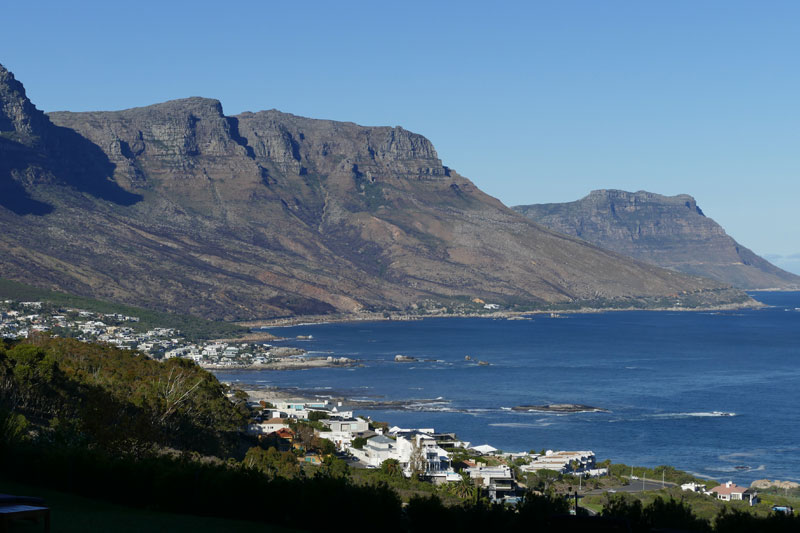
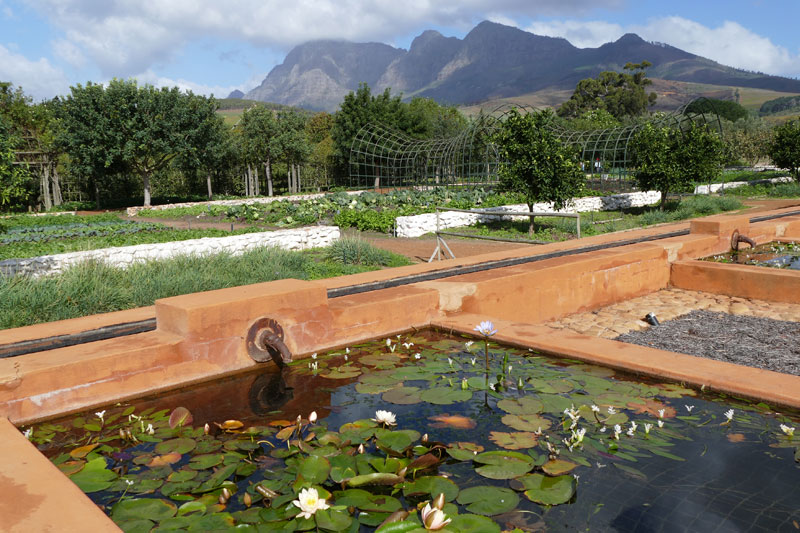
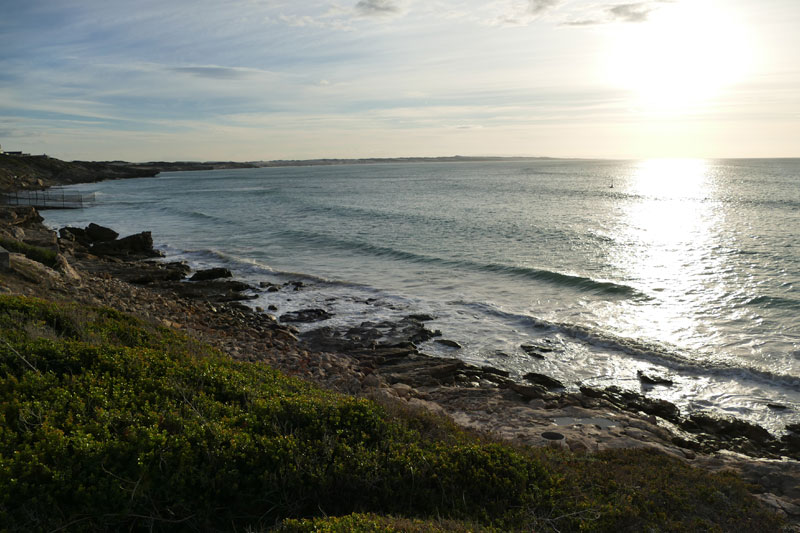
Exploring Cape Town before the conference, I was amazed at the vast range of high quality accommodation establishments that now exist. Of course Cape Town is hugely popular, but it seems since my last visit a few years ago that the stakes have been raised even higher. But then, the prices have moved as well….! It was also noticeable how the city centre of Cape Town has been ‘cleaned up’. The city was vibrant and felt safe, though of course it is in the middle of one of its worst droughts in history. I didn’t see a single bath plug in all my inspections, even when properties have their own borehole to provide water. Hopefully the onset of the winter rains will have eased the situation, but it is crucial to note that any tourists avoiding the region because of the drought are perhaps not appreciating the full benefits of tourism to the area.
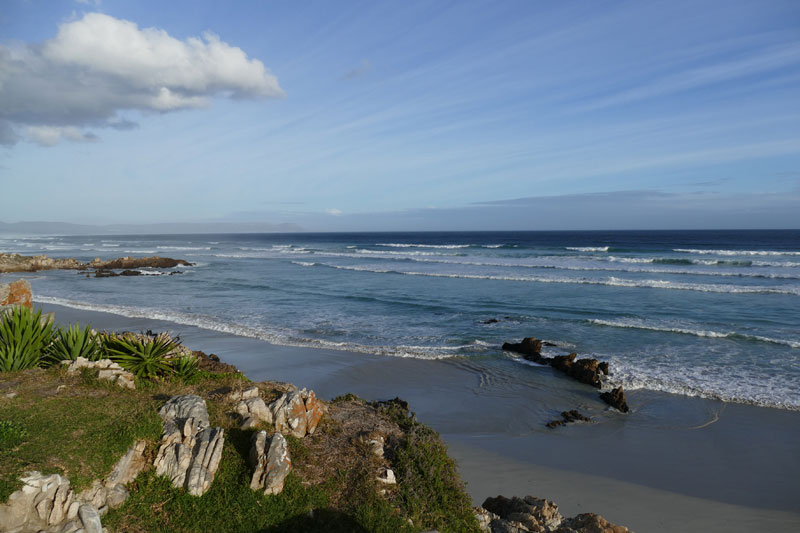
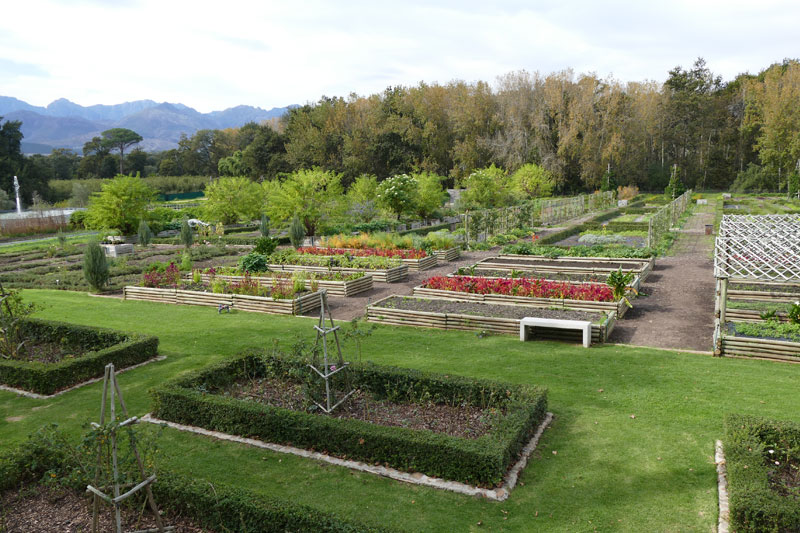
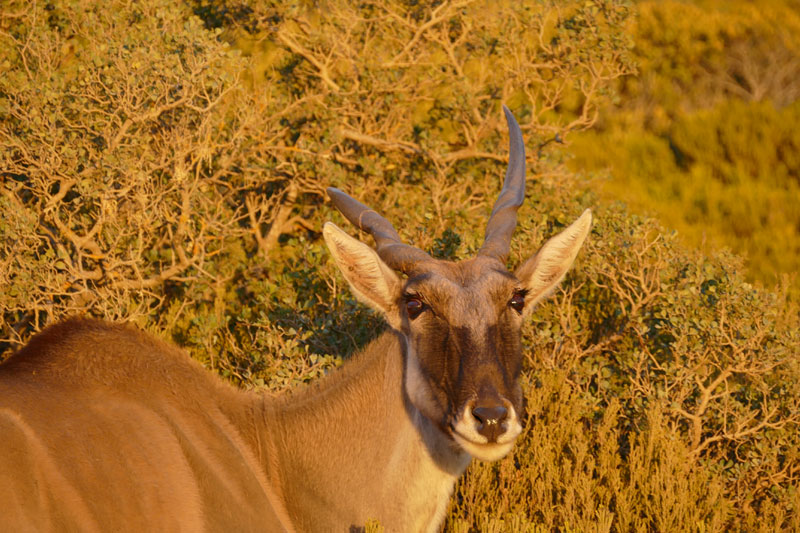
From Cape Town, I headed up the West Coast, through Langebaan on the edge of the West Coast National Park to Shelley Point outside St Helena Bay and then the quaint fishing village of Paternoster. This exclusive part of South Africa is popular with locals in the know, and a great area to relax and enjoy the quiet, coastal scenery.
I then headed south-east into the famous Cape Winelands where I spent time catching up on all the many recent developments. From the pleasant towns of Paarl and Stellenbosch to the more boutique village of Franschhoek, I was impressed by the range of hospitality on offer and I had forgotten just how impressive the mountain scenery is, with rugged peaks at every turn.
Driving over the impressive Franschhoek pass I spent a morning on Sanbona Game Reserve, comfortably the only decent quality big game experience within a few hours of Cape Town, before moving south through vast farmlands to De Hoop Nature Reserve on the south coast. Having never visited the reserve before, I was stunned by the incredible dunes scenery where beautiful white sands extend in abundance as far as the eye can see. Swimming and exploring rock pools is possible at low tide, whilst beach and birding walks are available throughout. Boat cruises are also possible on De Hoopvlei, a large lake that has established itself behind the dunes. De Hoop is not a well-known tourism attraction but for nature lovers and anyone looking to enjoy a few days of beautiful ocean scenery, it is well worth considering.
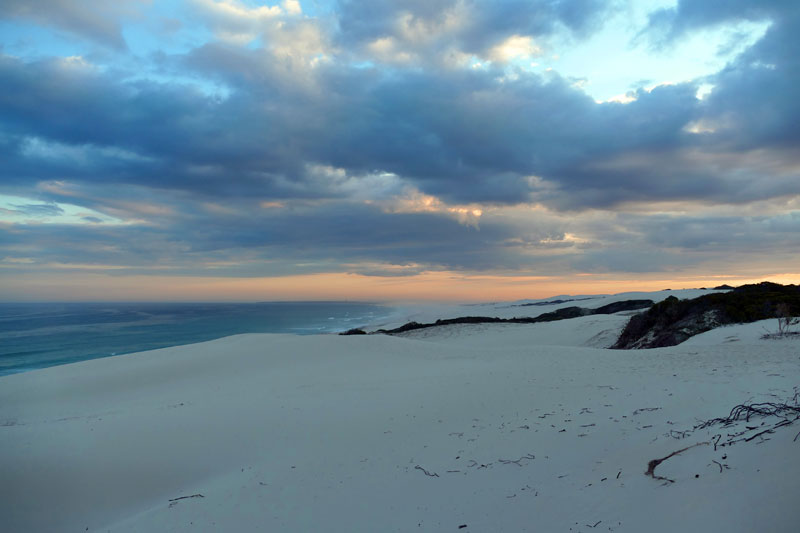
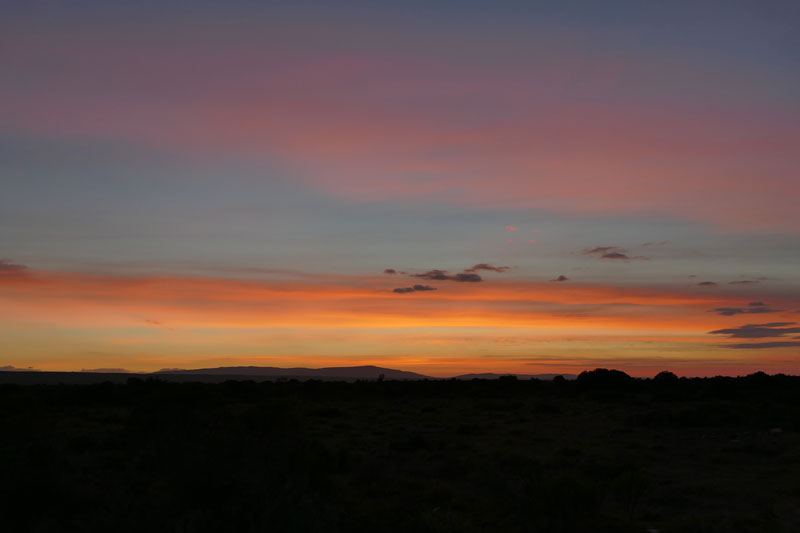
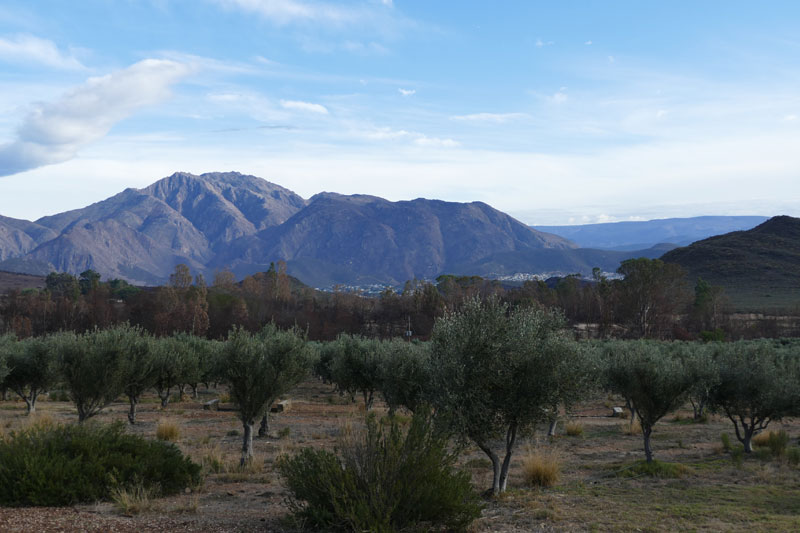
From De Hoop I travelled west via the small fishing village of Waenhuiskrans to the whale-watching and shark-diving ‘capital’ Gansbaai. The (Southern Right) whales usually arrive in June, and they will remain off the shores of the western Cape until November. They come from colder waters to calve, and can be seen close to shore as well as from boats. Having called in at the excellent Grootbos Reserve and lesser known Mosaic Private Reserve, I spent my final night in Hermanus, where again the range and quality of accommodation is impressive. On my final morning the heavens opened, and as the rained poured down, and the waves crashed in Walker Bay, everyone was smiling. They really need the rain.
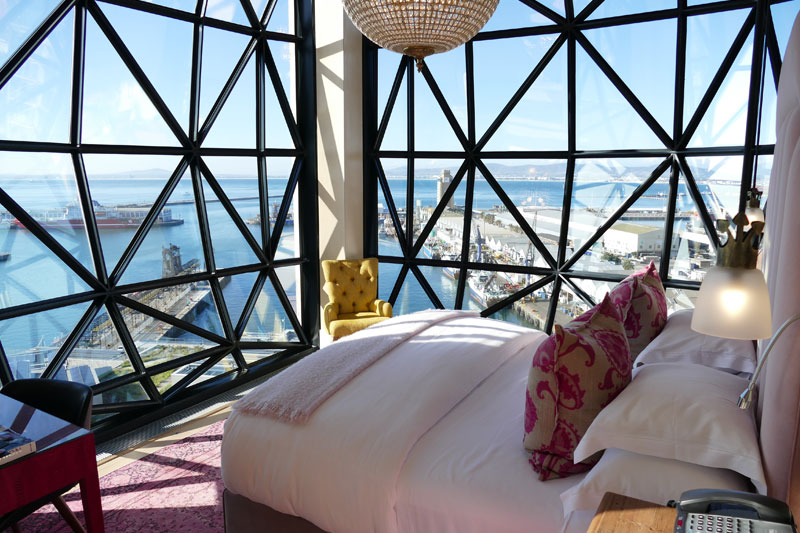
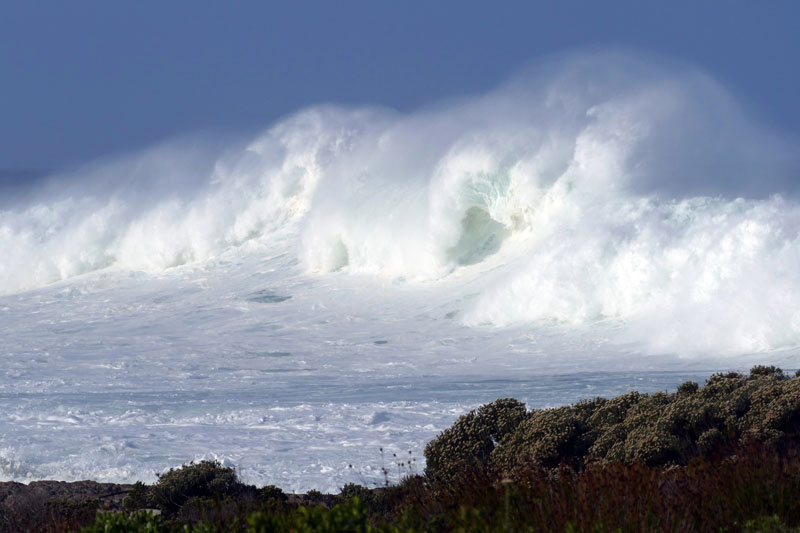
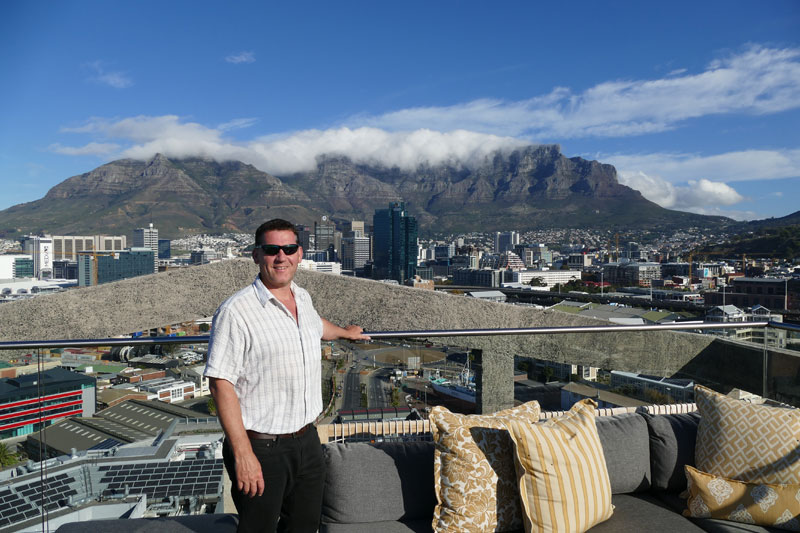
Whilst it is easy to spend your entire holiday in the Western Cape, we often suggest combining the region with the Garden Route, Karoo Desert and Eastern Cape safari regions to the east (all of which can be reached by self-drive or flight from Cape Town) or with iconic safari areas and tourist attractions such as the Kruger National Park and Victoria Falls. Whatever the priorities for your holiday, the Western Cape can add a different dimension to it, from whales and winelands to sunshine, sight-seeing, gourmet food and even a little relaxation.
Rob stayed at Winchester Mansions, The Twelve Apostles Hotel & Spa, Strandloper Ocean Boutique Hotel, Holden Manz, De Hoop Collection and Abalone Guest Lodge.
Rob site inspected Queen Victoria Hotel & Manor House, The Silo, Four Rosmead Boutique Guesthouse, MannaBay, Abbey Manor Luxury Guesthouse, Welgelegen Guest House, Compass House, Ellerman House, 21 Nettleton, Cape View Clifton, Sea Five Boutique Hotel, Houghton View, Harrison’s House, The Farmhouse Hotel Langebaan, Oystercatcher Lodge, Abalone House & Spa, Ridgeback House, Angala Boutique Hotel & Guest House, Boschendal, Leeu House & Estate, La Cle Des Montagnes, Maison Chablis, Mont Rochelle Hotel, Galenia Estate, Sanbona Wildlife Reserve, Arniston Spa Hotel, Grootbos Nature Reserve, Mosaic Private Sanctuary, The Thatch House, Mosselberg on Grotto Beach, Birkenhead House, Selkirk House, Ocean Eleven Guest House, Schulphoek House, Delaire Graff Estate, Oude Werf Hotel and River Manor Boutique Hotel.
